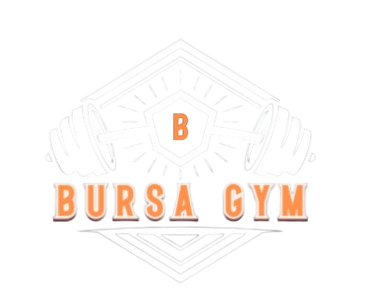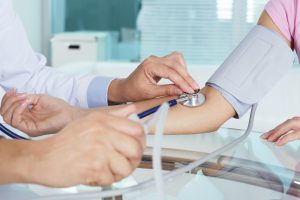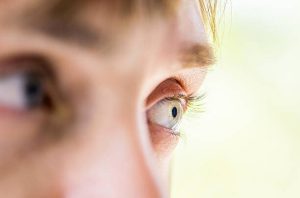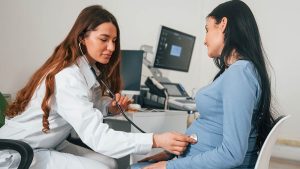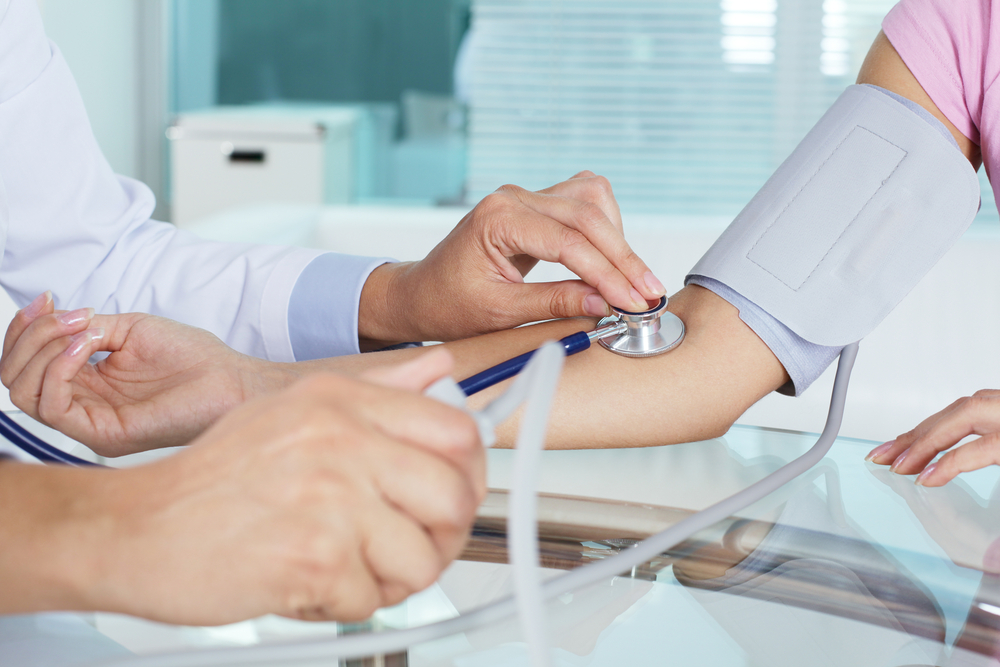
A medical check up for work permit is an essential requirement for individuals seeking employment in various industries. The government and employers mandate these health screenings to ensure that workers are fit for duty and free from contagious diseases. These medical assessments help maintain workplace safety and prevent the spread of infections.
The specific tests included in a work permit medical check-up vary depending on the country and the nature of the job. However, some common tests are required across different regions to assess overall health and fitness for work.
General Physical Examination
A standard work permit medical check-up usually begins with a general physical examination. During this evaluation, a doctor assesses the worker’s vital signs, including blood pressure, heart rate, respiratory rate, and body temperature. The physician may also check for any visible signs of illness or conditions that might affect job performance.
This general assessment helps detect underlying health concerns such as high blood pressure, heart disease, or respiratory issues. It also ensures that workers are in good physical condition to carry out their job responsibilities safely.
Chest X-Ray for Tuberculosis Screening
Tuberculosis (TB) screening is a crucial part of a medical check up for work permit, especially for workers in sectors like healthcare, food service, and domestic work. TB is a contagious disease that can spread easily in crowded work environments.
A chest X-ray is commonly used to detect signs of TB infection. If any abnormalities are found in the X-ray, further tests such as a sputum culture may be required. Workers diagnosed with active TB must undergo treatment before they can be deemed fit for work.
Blood Tests for Infectious Diseases
Blood tests play a key role in identifying infections that could pose a risk to workplace safety. The most common blood tests included in a work permit medical check-up are:
- HIV Screening: Many countries require HIV testing to ensure that workers are aware of their health status. While some regions do not restrict employment based on HIV status, others may have specific regulations regarding workers with positive results.
- Hepatitis B and C Testing: These viral infections affect the liver and can be transmitted through blood or bodily fluids. Testing for hepatitis B and C is especially important in healthcare and food service industries.
- Syphilis and Other STDs: Some work permit medical check-ups may include syphilis and sexually transmitted disease (STD) screenings to prevent the spread of infections.
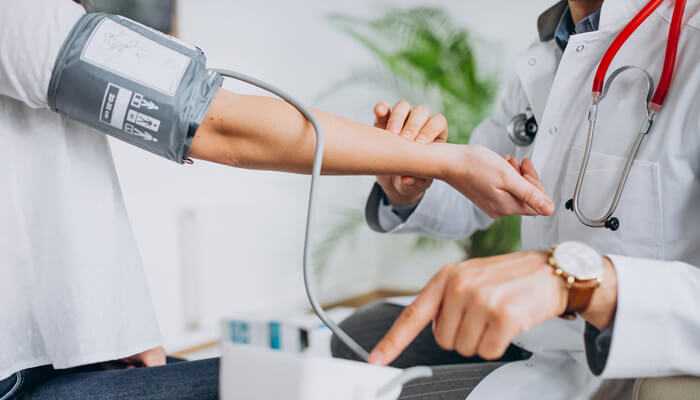
Urine and Stool Tests
Urine and stool tests are often required to detect infections or other health issues that might affect a worker’s performance.
- Urine Test: This test helps identify kidney problems, diabetes, and infections. It is also used to detect drug use in some industries where drug testing is mandatory.
- Stool Test: Workers in food-related industries may need to undergo stool testing to check for parasites, bacteria, or infections that could lead to foodborne illnesses.
Drug and Alcohol Screening
Some employers require drug and alcohol testing as part of their work permit medical check-up. This is particularly important for jobs that involve operating heavy machinery, transportation, or security roles. Drug tests help ensure that workers are not under the influence of substances that could impair their performance or endanger others.
Alcohol screening may also be conducted, especially for jobs in safety-sensitive industries. Workers with high levels of alcohol dependency may be required to undergo counselling or treatment before being approved for employment.
Vision and Hearing Tests
Good vision and hearing are essential for many types of jobs, especially those in transportation, construction, and healthcare.
- Vision Test: A basic eye examination is conducted to check for vision problems such as nearsightedness or color blindness. Workers who require corrective lenses are usually advised to wear them while on duty.
- Hearing Test: A hearing assessment is crucial for jobs involving loud machinery or environments where clear communication is necessary, such as aviation and manufacturing.
Conclusion
A work permit medical check-up is a crucial step in ensuring that employees are fit for their job roles and free from contagious diseases. The common tests included in this medical evaluation, such as physical examinations, chest X-rays, blood tests, urine and stool tests, drug screening, and vision and hearing assessments, help maintain workplace safety and public health.
By undergoing these medical evaluations, workers can ensure that they meet the health requirements for their jobs while also gaining insights into their overall well-being. Employers and governments benefit from these screenings as they help prevent workplace health risks and protect the general public.
